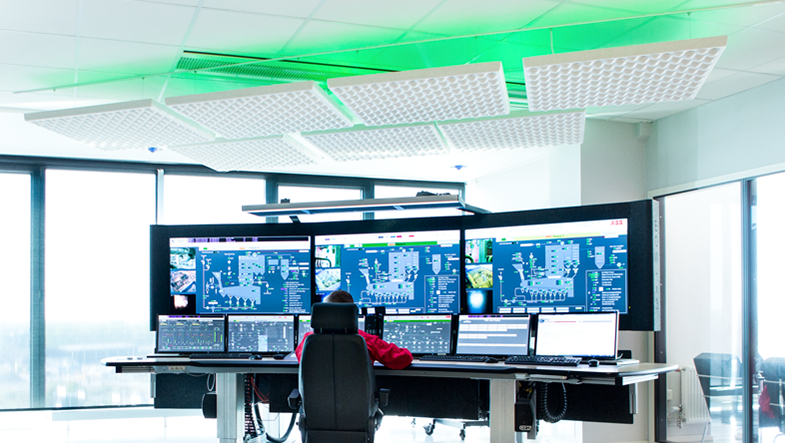ABB outlines future of process automation


ABB has published a white paper entitled “The DCS of tomorrow: ABB’s process automation system vision,” which outlines how process automation systems will evolve to support industries as they undergo digital transformation and shift to sustainable energy sources.
For more than a century, automation systems have been central to empowering industries that provide the basic building blocks of our everyday lives – energy, power, water, metals, minerals, chemicals, and transportation – to scale to the needs of a growing population. And for nearly 50 years, the DCS (distributed control system) – a digital platform for automating and operating large plants – has been instrumental in enabling safe, efficient and reliable 24/7 operations for these process and energy industries.
At the core of controlling and supervising complex processes, the DCS will continue to provide the essentials needed for safe and reliable operations, while evolving its functionality to serve the needs of accelerating digital transformation and energy transition. It will combine an ability to scale and serve new market conditions by adapting to new technologies, including the provision of standard interfaces for third-party connectivity.
ABB foresees a modular automation architecture that will evolve to address customer needs, becoming more open, interoperable and flexible, while maintaining the same high level of reliability, availability, safety and security to which users have grown accustomed.
“With the DCS of tomorrow, we will accelerate innovation while maintaining the reliability and continuity for which we are known,” said Peter Terwiesch, president of ABB Process Automation.
“This white paper is a blueprint for automation systems that will future-proof industries for decades to come. Many of the industries we serve are energy and material intensive, and strive toward more sustainable production. As they increasingly integrate renewables into their energy mix, we will provide the automation with which to do it," he added.
For more information on ABB’s world-leading distributed control systems, visit www.abb.com.
Comments